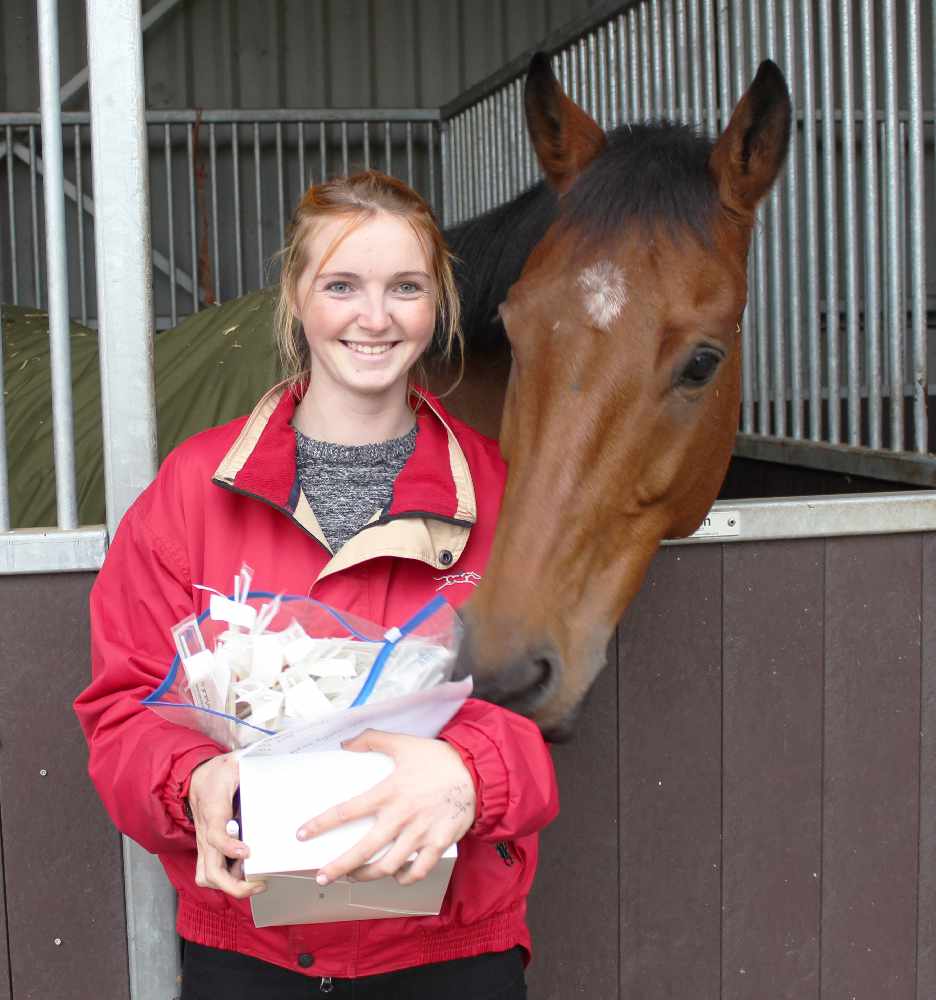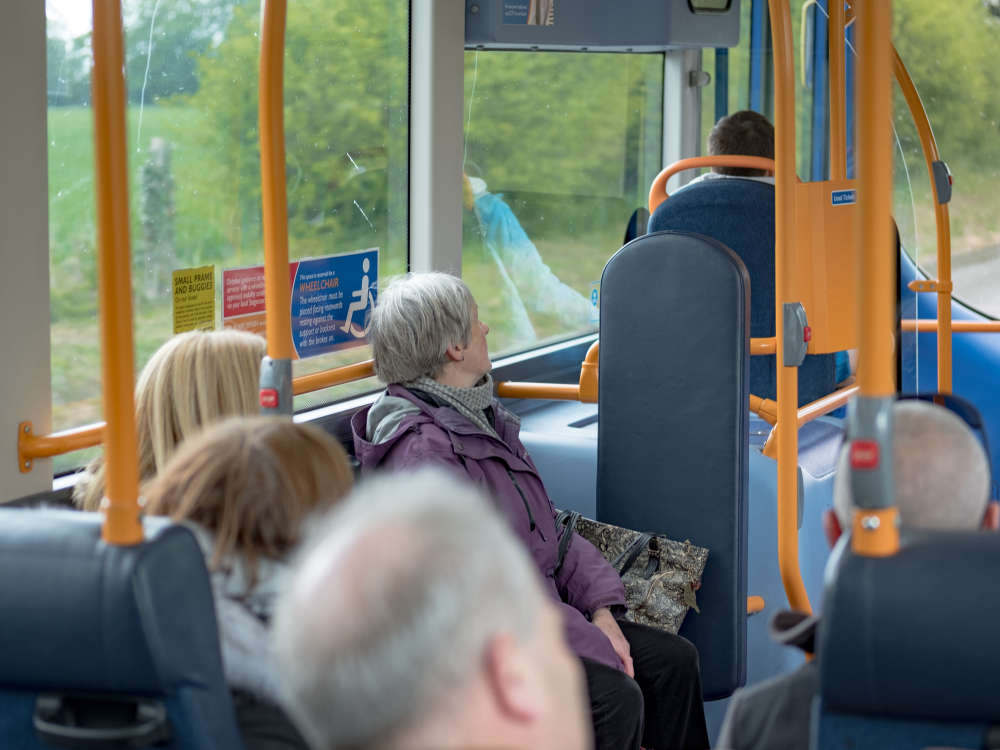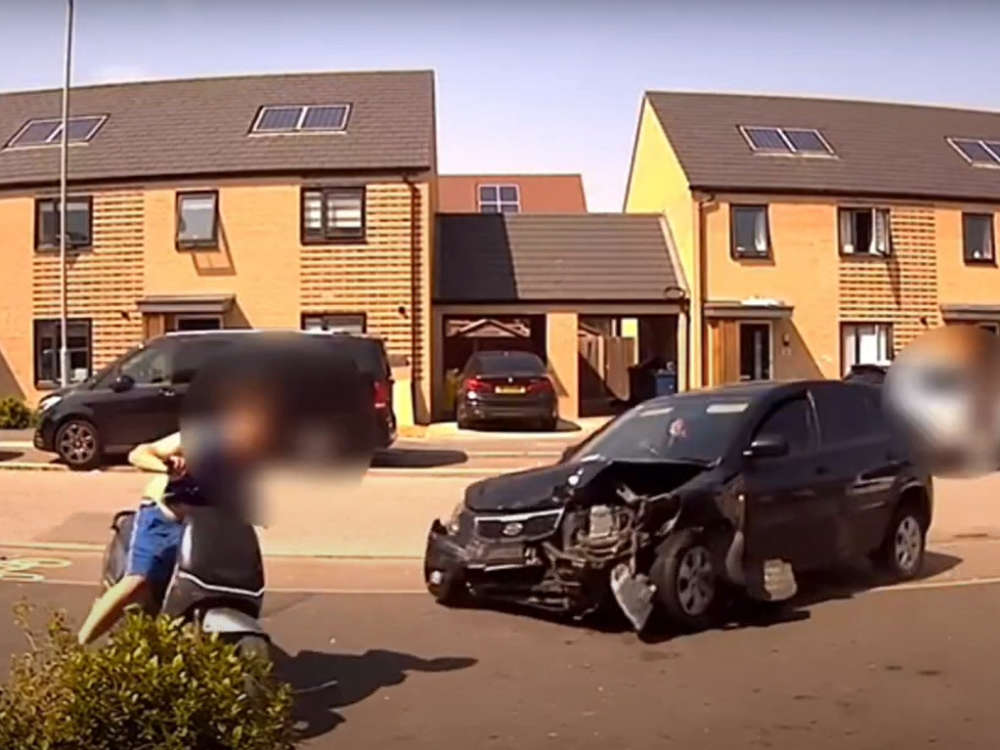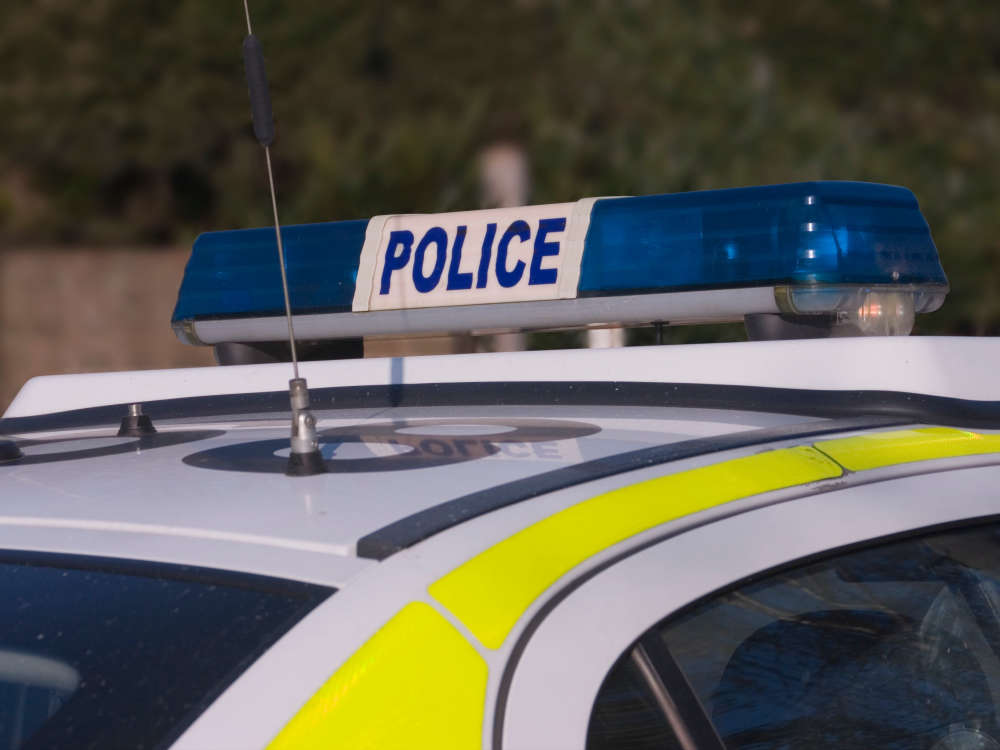
The Animal Health Trust (AHT) has called upon neighbours, the British Racing School (BRS), to help with the second stage of their vital research into preventing fatal fractures amongst racehorses.
Previous research at the Animal Health Trust has shown that genetic factors can influence the risk of fracture in racing Thoroughbreds. To put this research into action, the AHT needs help to develop a DNA test which would identify horses at high risk of fracture. This would allow these horses to have their bone health monitored more regularly and training regimes adjusted to reduce their risk of injury at home, or on the course.
Seeking DNA from Thoroughbreds that have participated in racing, the team visited the BRS to collect samples from its resident racehorses. Students at the BRS were very keen to help the AHT researchers, quickly finishing their usual yard duties to lend a hand in collecting this valuable DNA. DNA samples are taken through a simple cheek swab, with the team swabbing 56 thoroughbreds (that’s 280 individual swabs, as each horse has to donate five swabs) to add to their existing data. Around 200 samples will be collated by the research team, both from horses that have had fractures and those who have not. The horse who have not, such as those at the BRS, will be used as the control group. The DNA test the AHT hope to develop will be able to identify the gene/genes responsible for a horse suffering a fracture, enabling trainers and breeders to select the best suited horses for the job.
Dr Debbie Guest, lead researcher at the AHT says, “We’re so grateful to the British Racing School for helping us with this research project. Like with all sports there is a risk of injury, and unfortunately in racing the public will often only see the catastrophic injuries which give the sport a bad reputation. It is our aim that we can help protect these amazing athletes before ever getting anywhere near this type of injury, which would be a huge step forward in equine welfare and wellbeing.
“By taking part, the British Racing School is setting a sterling example within the industry, that it can work together with research teams such as the AHT to improve the sport” continues Debbie. “Ultimately the DNA test will support them in selecting horses to breed or train that have a lower risk of fracture, preventing any unnecessary injuries or suffering. So we are thrilled to have them on-board, as by helping us now, will enable us to help them and countless animals in the future.”
Grant Harris, CEO at the BRS says, “The BRS is delighted to once again be helping the Animal Health Trust and the industry. Any research project which will help to eliminate injury and help equine welfare and well-being, deserves to be supported.”


 Green light given to franchise local buses
Green light given to franchise local buses
 Man mows down moped rider in Northstowe
Man mows down moped rider in Northstowe
 One person seriously injured after Somersham crash
One person seriously injured after Somersham crash
 Prolific Cambridge drug dealer ordered to pay £679K
Prolific Cambridge drug dealer ordered to pay £679K



